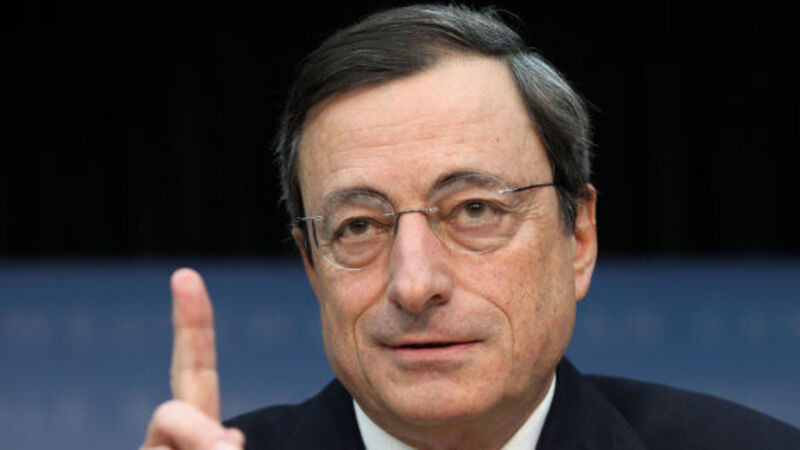European Central Bank facing spectre of deflation

For ECB president Mario Draghi, who wants to open the money tap, the data may push the central bank closer to buying government bonds to revive growth and inflation.
ECB officials are working on a plan to purchase sovereign debt to prevent a deflationary spiral of falling prices and households postponing spending, a risk Mr Draghi has said can’t be “entirely excluded.”
















